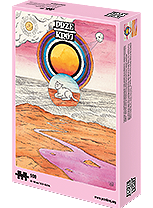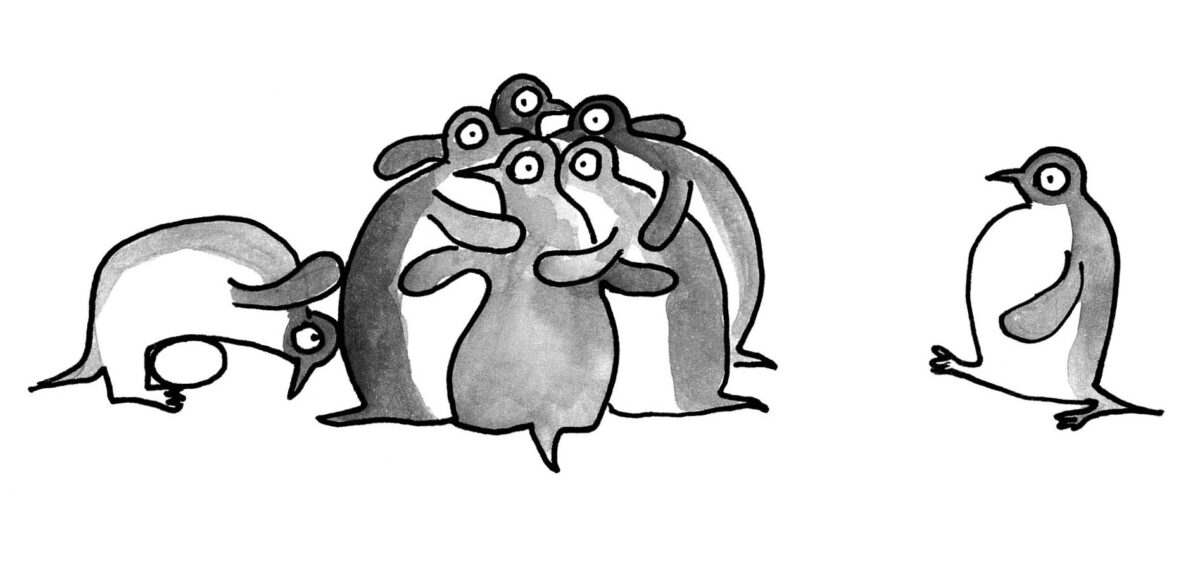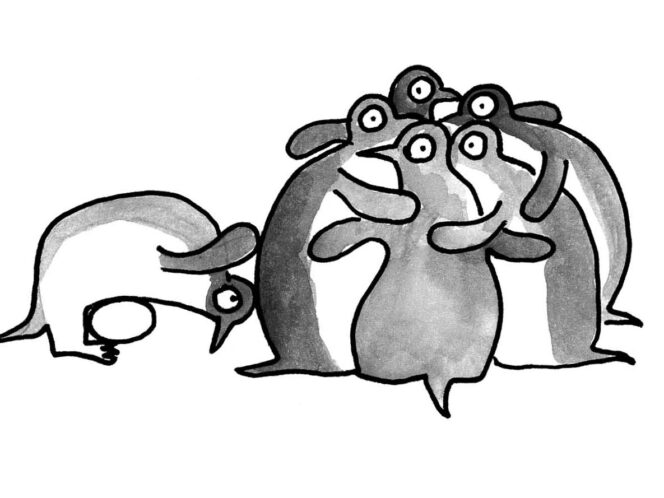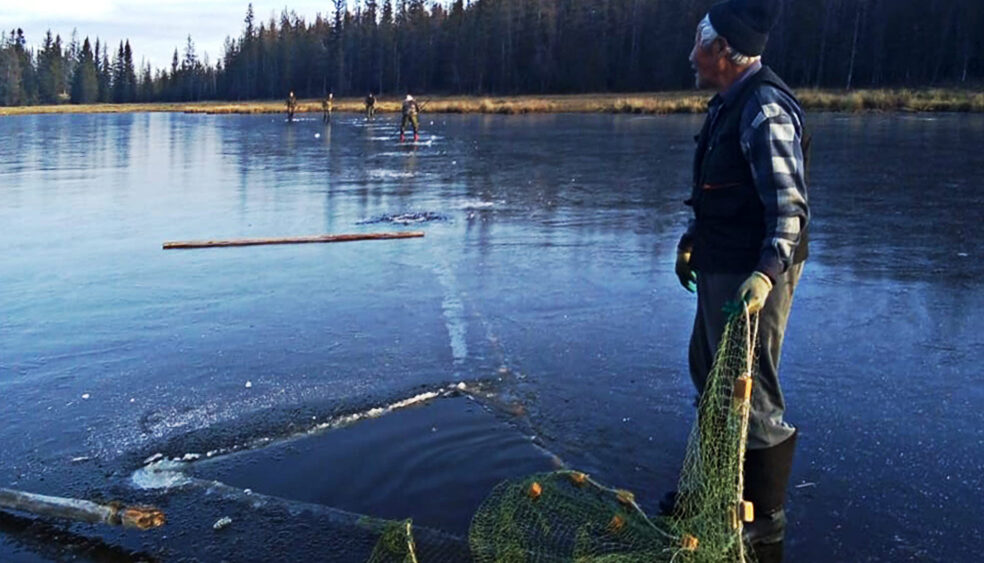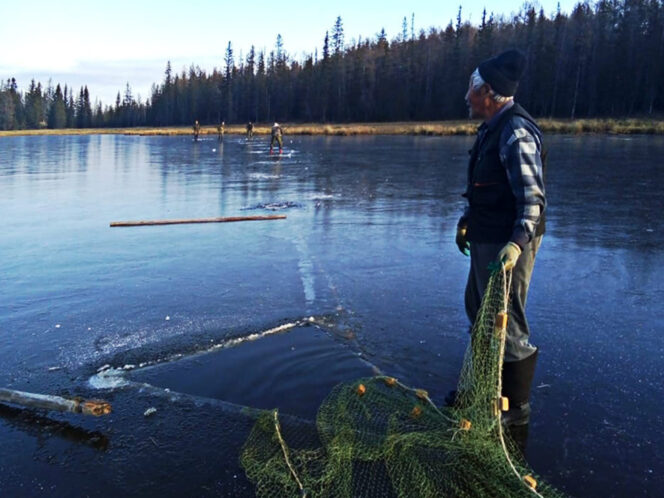
As inhabitants of a country on the Baltic Sea, we Poles are fortunate that ice swimming (morsowanie, derived from the Polish word mors, meaning ‘walrus’) is possible pretty much all year round. Anyone who has swum in the Baltic, even in the height of summer, will certainly know what I am talking about.
Swimming in ice-cold water, however, creates a range of health benefits: less frequent upper-respiratory tract infections, improved blood circulation, better blood supply to the skin, faster metabolism, and regulation of the endocrine system (which is responsible for managing the body’s hormones). Ice swimming slims and rejuvenates. It also causes the production of hormones responsible for feelings of contentment and euphoria.
That said, it is not advisable to jump


